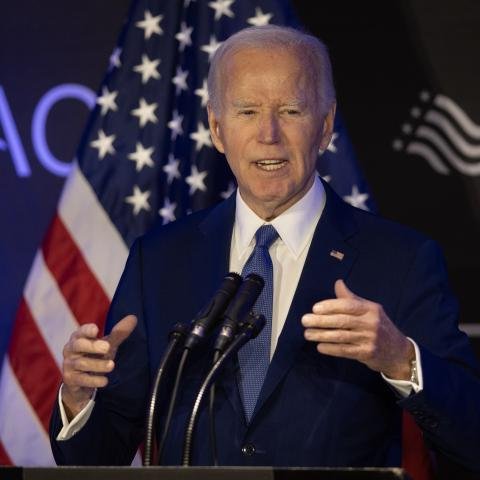
The Supreme Court on Thursday appeared divided over nationwide injunctions for birthright citizenship during oral arguments presented in the case.
The court’s nine justices appeared skeptical of a single district federal judge having the ability to issue a nationwide injunction on presidential executive actions, The New York Times reported.
Three district court judges ruled that President Trump’s executive order ending birthright citizenship, meaning the practice of granting automatic citizenship to all U.S.-born babies, violated the 14th Amendment of the Constitution and blocked it.
The justices made the unusual decision to hear oral arguments on the broadness of the nationwide injunctions and whether they should only apply to the states, advocacy groups and individuals that had sued over the order.
The Trump administration challenged the legality of such injunctions, but the justices appeared to wrestle over how to quickly weigh in.
Justice Elena Kagan seemed to explain several justices’ views when she said that many of them had “expressed frustration” about the way that lower courts were “doing their business,” but that the case they were reviewing was “very different” from the typical case.
Justice Clarence Thomas noted that the U.S. “survived until the 1960s” without nationwide injunctions, The Washington Post reported.
The Trump administration suggested that the immigrant advocacy groups and pregnant women challenging the birthright citizenship ban could file a class-action lawsuit, instead.
“Why doesn’t that solve the problem?” Justice Brett Kavanaugh asked.




